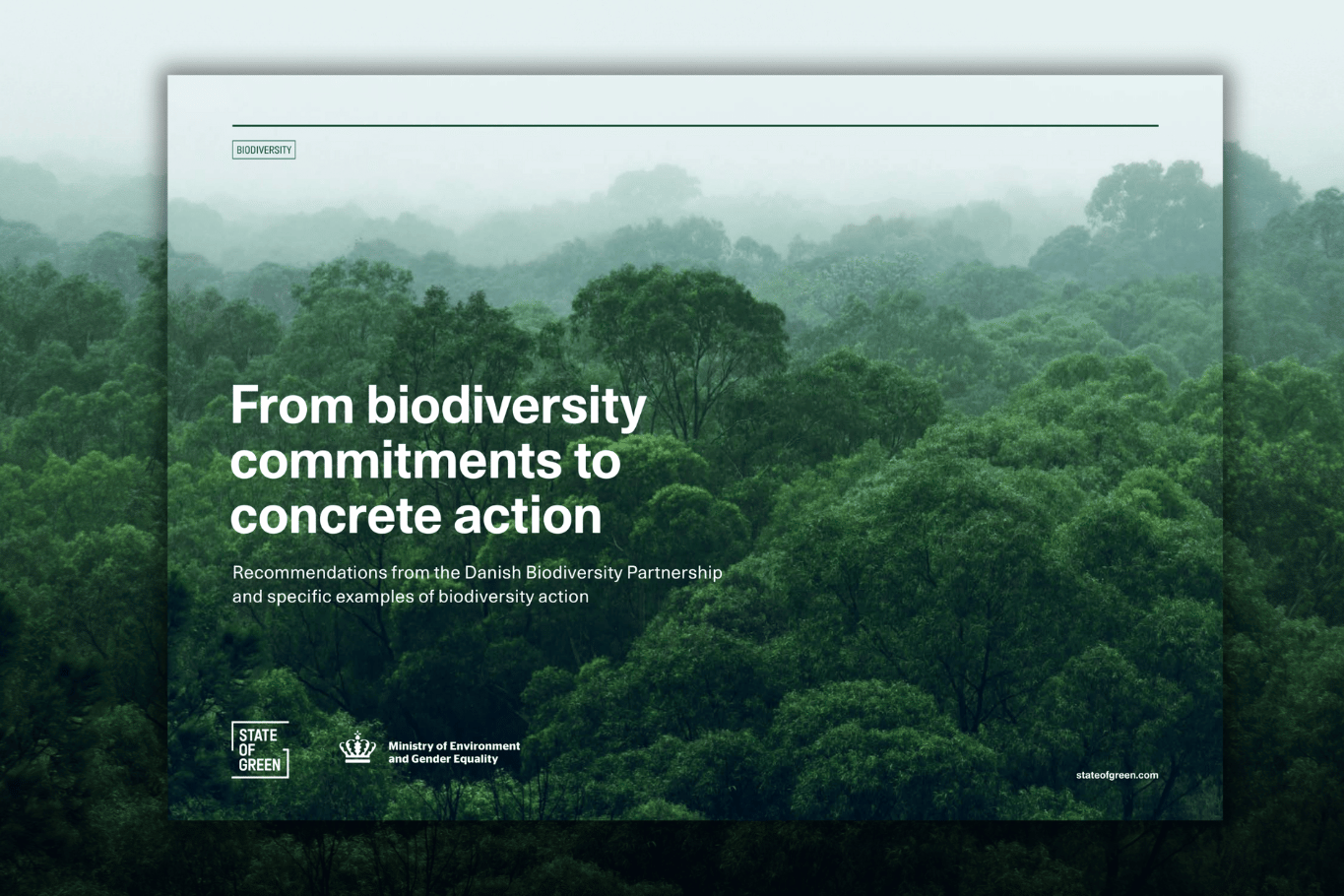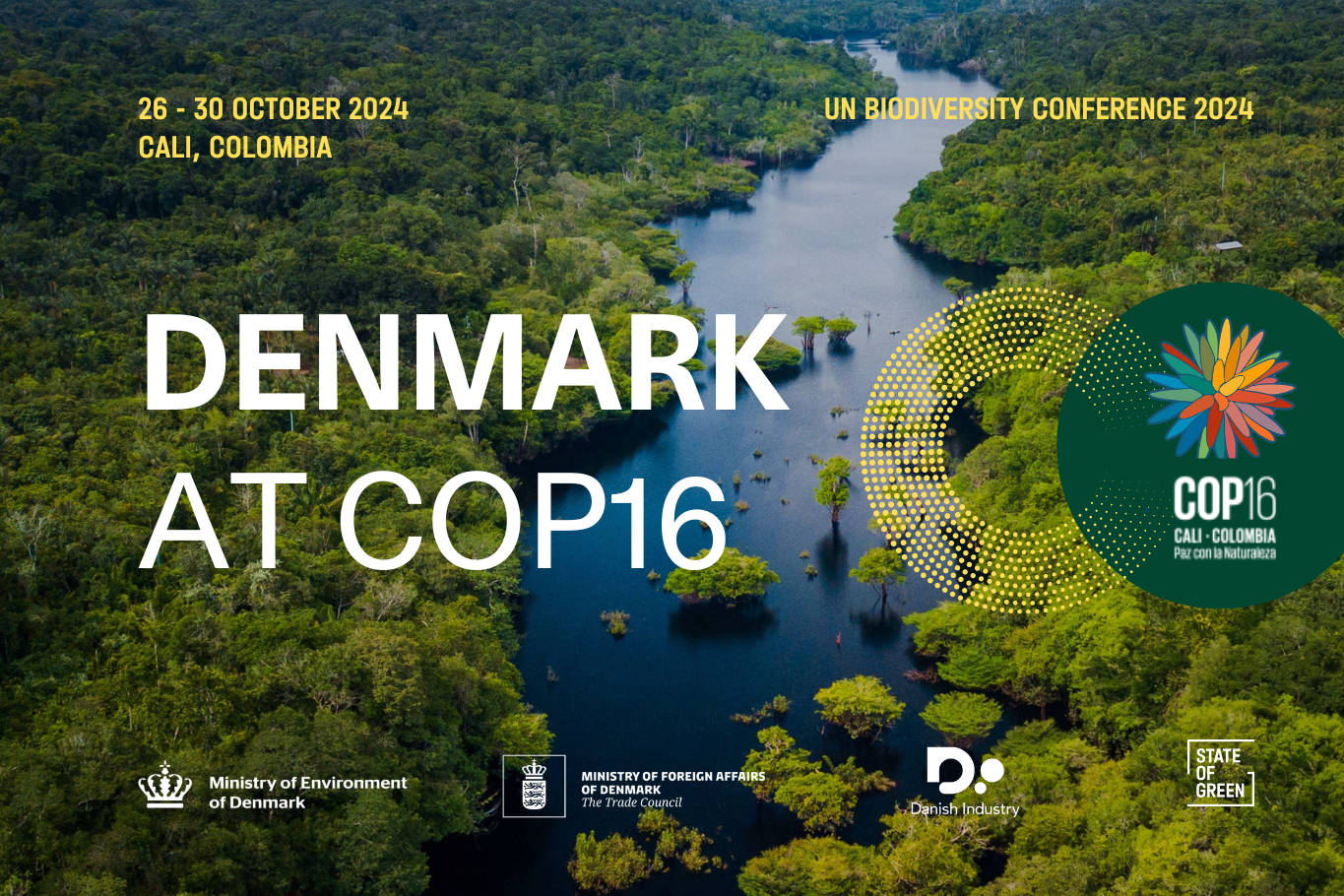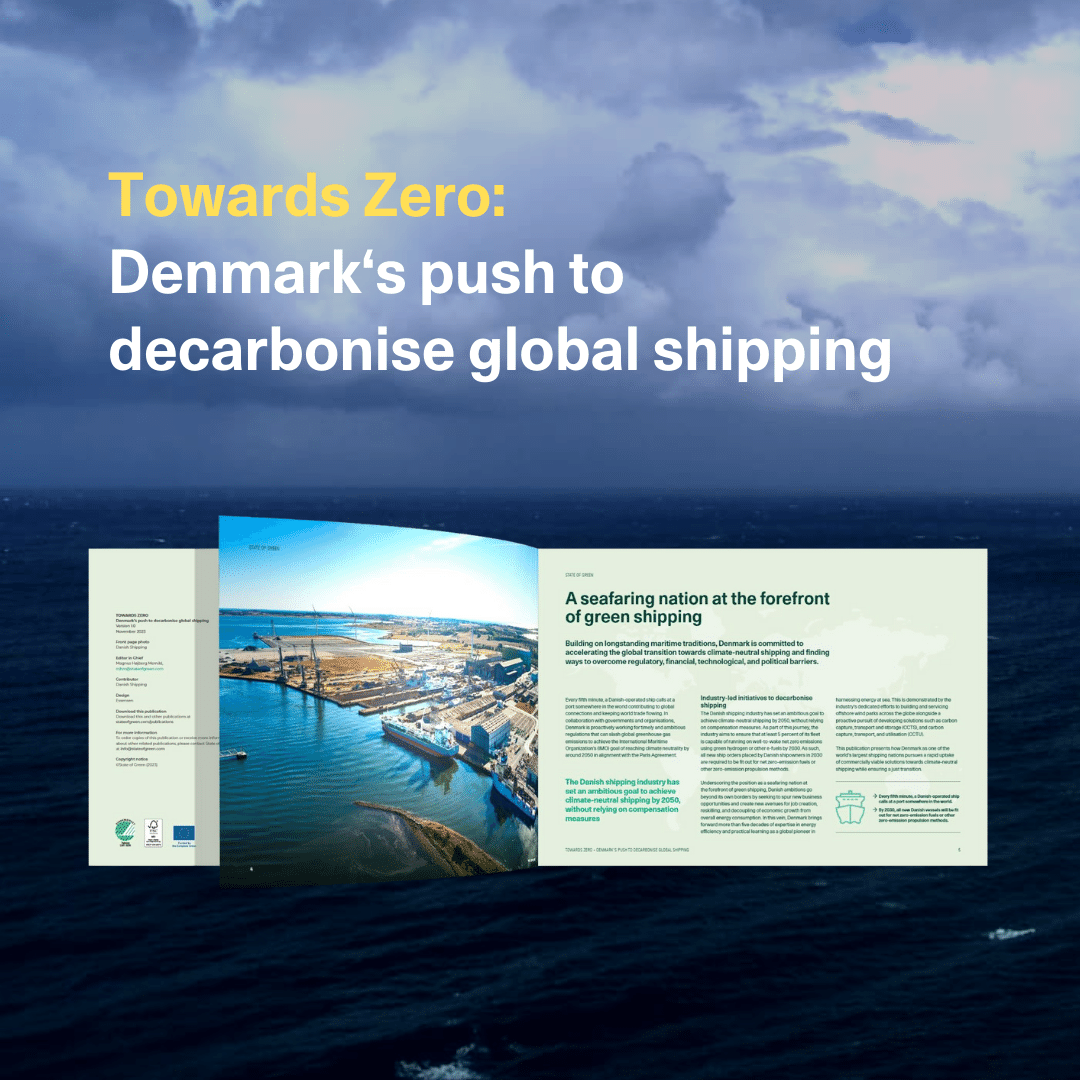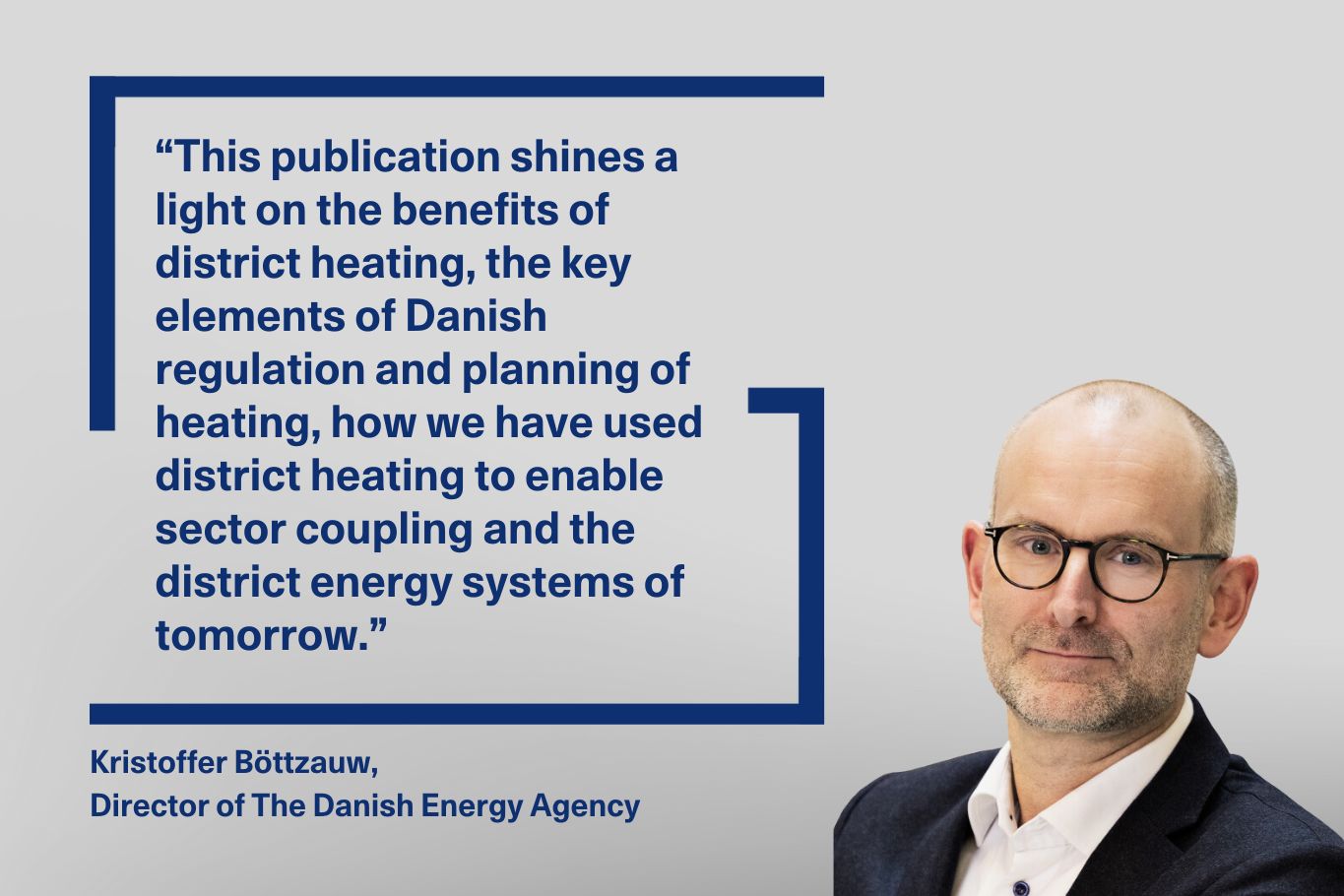Boosting corporate and financial biodiversity action
The recommendations from the Biodiversity Partnership offer practical steps for both non-financial companies and financial institutions to enhance biodiversity efforts. For non-financial companies, the key actions include mapping their biodiversity impacts, contributing to global conservation targets by protecting natural habitats, and setting aside land for nature. Larger companies are encouraged to use internationally recognised frameworks like Science-Based Targets for Nature (SBTN) and the Taskforce on Nature-related Financial Disclosures (TNFD) to structure their efforts.
For example, Ørsted’s innovative ReCoral project showcases how corporate biodiversity action can align with renewable energy development. The initiative seeks to cultivate coral growth on offshore wind turbines, creating new marine habitats while generating clean energy.
The publication also showcases cases of biodiversity initiatives and projects from Ramboll, Slow, Danske Bank, and Finance Denmark.
As the focus on biodiversity and the involvement of companies and financial organisations continues to grow, the approach and recommendations offer a clear pathway for businesses to take tangible steps in addressing the biodiversity crisis, setting a benchmark for public-private collaboration that can inspire global action.









